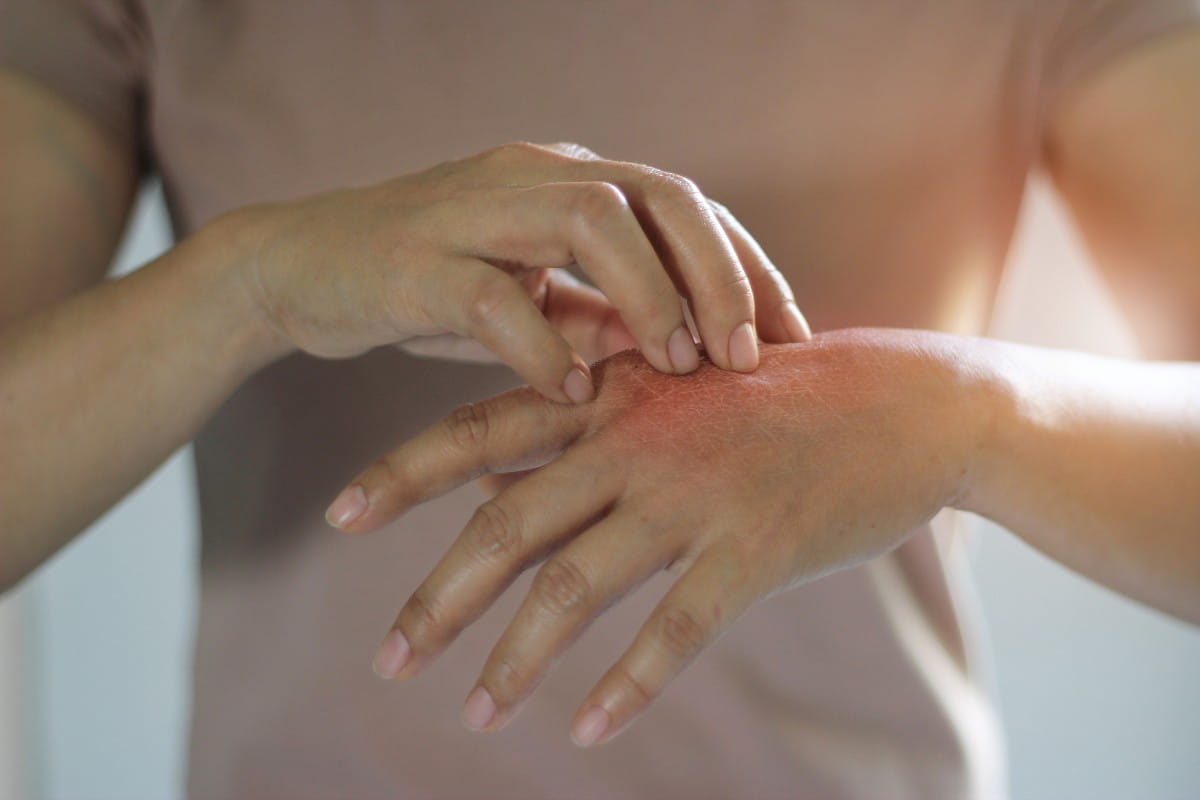If you’re pregnant, you might be finding it hard to calm your fears about the new coronavirus (COVID-19) and how it might affect your family.
“Pregnancy is already a time full of excitement and anxiety,” says Elizabeth Lunsford, M.D., to obstetrician and gynecologist with Riverside Health. “If you’re overwhelmed with emotions, talk to your family and your prenatal care provider. We’ll help you get through this.”
You can also protect yourself by staying informed about the virus and following the advice of infectious disease specialists and your doctor.
Pregnancy and COVID-19 – a lot of unknowns
Because SARS-CoV-2 (the virus that causes COVID-19) is a new virus, we don’t know yet:
- How – or if – it affects the health and development of unborn babies and newborns
- If pregnant women are at a greater risk of getting the virus or developing severe symptoms
- If pregnant women can pass the virus on to their babies during pregnancy or delivery
What is known
More studies are needed, but here’s what researchers and experts are saying so far:
- COVID-19 and babies
Some early studies of pediatric cases in China show that the vast majority of children and babies who tested positive for COVID-19 had mild or moderate symptoms and recovered well. Some even had no symptoms. However, when severe symptoms did occur, they happened mostly in children younger than 1. - COVID-19 and pregnant women
According to the World Health Organization, there’s currently no evidence that pregnant women are at a higher risk of severe illness. In addition, the Centers for Disease Control and Prevention says that, when complications have occurred, it’s not clear if they were related to the virus or another health problem.
Even so, it’s important to note that complications in pregnant women were reported during the SARS and MERS outbreaks, which were also caused by coronaviruses.
- COVID-19 transmission from mother to baby
One study of 33 pregnant women with COVID-19 in China found that three of their newborns tested positive for the virus in the days after birth. However, the CDC and WHO say it’s still not known if a mother can pass the virus to her fetus or newborn during pregnancy or delivery. The virus has also not been found yet in samples of amniotic fluid or breast milk.
Protecting yourself and baby
Pregnancy changes a woman’s immune system, so it’s always good to protect yourself from illness when you’re expecting. Right now, you can protect yourself and your unborn baby from the new coronavirus by doing the same things the general public is doing:
- Wash your hands frequently.
- Avoid touching your face.
- Stay 6 feet away from others, especially those who are sick.
- Avoid gatherings of 10 or more people.
- Disinfect frequently touched surfaces every day.
If you think you have COVID-19
If you have symptoms of COVID-19, call your prenatal care provider or Riverside Nurse immediately and tell them you think you have the new coronavirus. They will guide you through the steps you should take regarding care, quarantining and testing.
If you do test positive for COVID-19 and your delivery date is near, you and your provider will have a conversation about how the illness may affect your birth plan and the time with your baby immediately after birth.
Though the CDC is recommending that mothers with confirmed or suspected COVID-19 stay in separate rooms from their newborns until they’re no longer contagious, WHO says newborns should stay with their mothers – and even breastfeed – as long as mothers wash their hands before and after holding their babies, wear a mask, and disinfect areas they’ve touched.
If you’re well enough to care for your baby and your baby’s health is not at risk, your provider will do everything they can to meet your wishes during this special time.
How Riverside is protecting you
To protect you and your family, Riverside Health has changed its visitor policy during the COVID-19 outbreak. Please see our Visitation Changes webpage to learn more.



